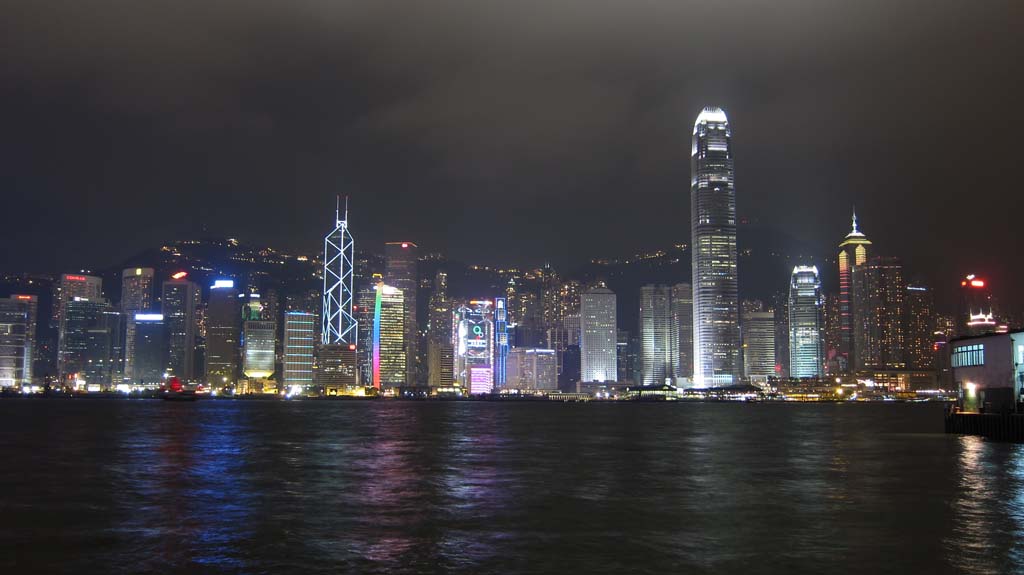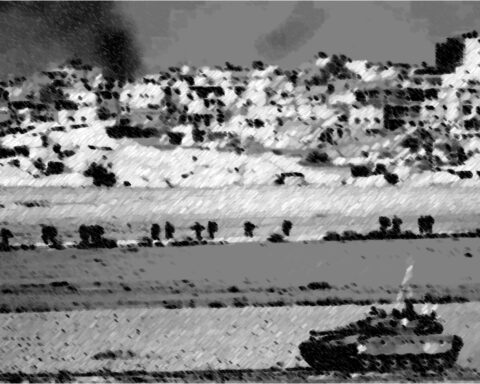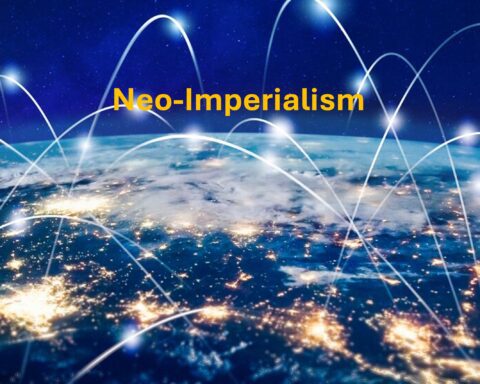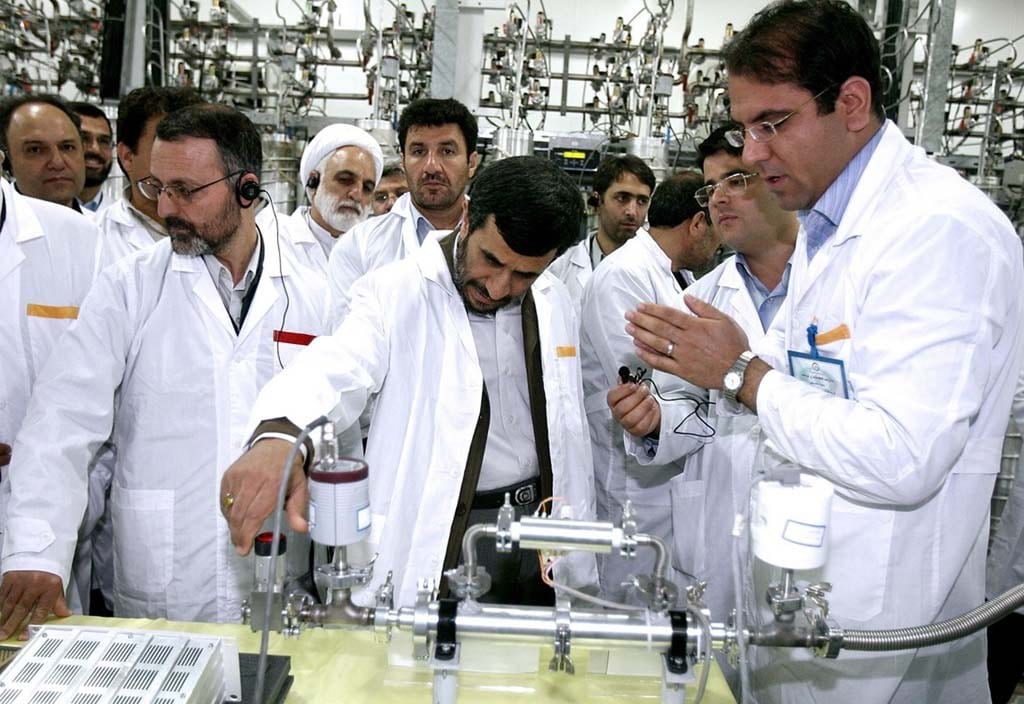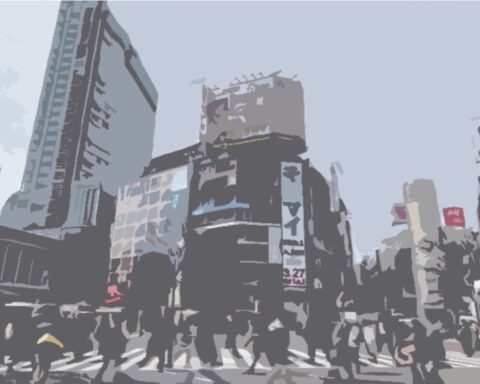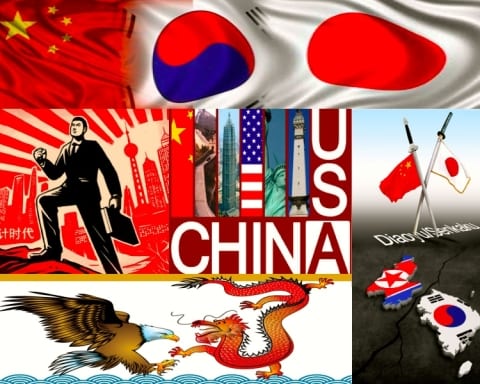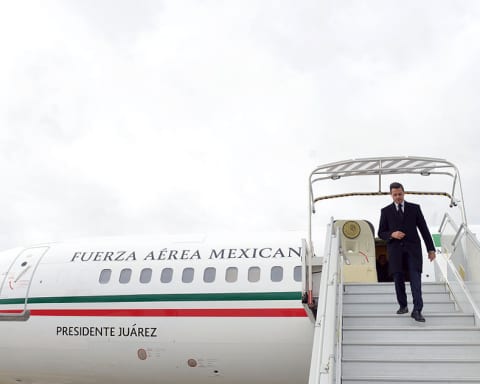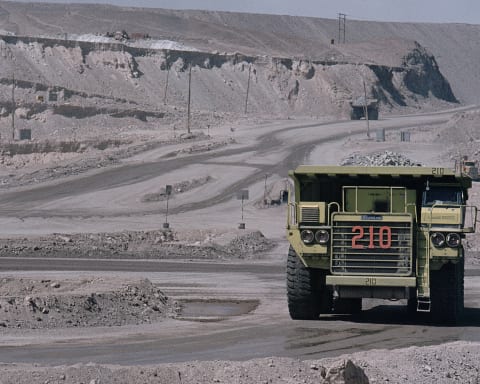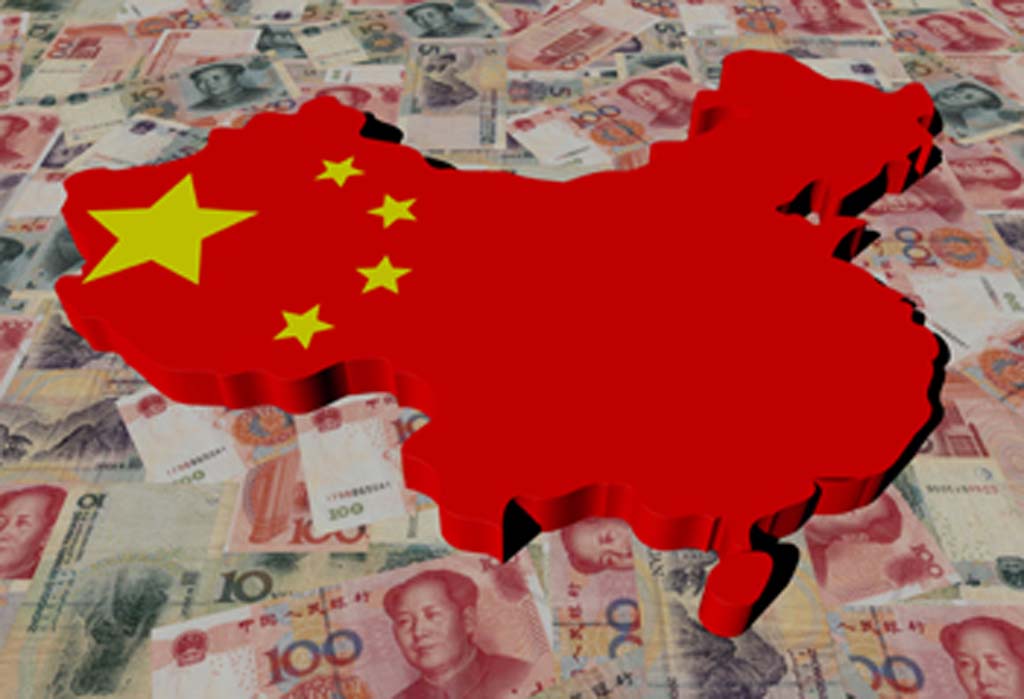The conflict between Mainland Chinese and Hong Kong people doesn’t seem to have an end in any sense. After the influential pro-democracy demonstration in Hong Kong, another protest against Mainland Chinese traders buying up goods to make a profit back home took place recently, and is still going on at the time of writing.
Hundreds of Hong Kong residents have gathered to demonstrate against visitors from Mainland China. Hong Kong people are angry with these so-called “parallel traders,” who come to Hong Kong to stock up on lower-priced goods, including food items, luxury goods and electronics only to sell the goods for a profit across the border while dodging tariffs. The outrage has also spread to normal tourists, shoppers, cross-border buses and passersby with suitcases and trolleys from Mainland China. Social media has been awash with videos showing the activists attacking normal visitors from Mainland China, including old people and children, causing great rage and inciting another round of war online between Hong Kong people and Mainlanders.
Parallel trading in Hong Kong has a long history. The number of parallel traders from Mainland China grows each year and the problem has become even more serious since 2008, when tainted supplies of milk powder on the Mainland boosted demand for imported formula cheaply available and easily purchased in Hong Kong. Since then, there have been shortages of many kinds of goods in Hong Kong and it is no doubt that Hong Kong people’s daily lives have been disrupted due to the increase in prices of domestic goods as a result of not only parallel trading but enormous amounts of Mainland visitors.
While many Hong Kong activists have called for a cancellation of independent travel and same-day multi-entrance day visas, some Mainlanders have taken to social media to post pictures of cutting their “Pass to and from Hong Kong and Macao” certificates. These images have been posted and reposted along with a message saying “Support Hong Kong’s right to cancel free travel and give peace and tranquility back to Hong Kong people. But at the same time, support Guangdong in stopping supply of electricity to Hong Kong, and also stop the Dongshen water supply project.” This message pretty much shows the attitude and mindset of the Mainland Chinese towards Hong Kong people, accusing them of not being grateful for what China has been doing for Hong Kong.
This accusation is not true. The fact of the matter that Mainlanders may not know is the price Hong Kong pays for the water from Guangdong is extremely high and there is a minimum quantity per year Hong Kong is required to purchase. From 2012 to March 2014, Hong Kong paid around 2 billion HKD ($258,000,000) to buy water from Guangdong and the wasted water was all flushed into sea. Hong Kong media has compared Singapore’s situation with Hong Kong’s and estimated that the price of raw water bought from Guangdong is 10 times more expensive than the raw water Singapore buys from Malaysia. From 1979, Guangdong has been purchasing electricity from Hong Kong, meaning that the flow of electricity is mostly from Hong Kong to Guangdong.
Another truth is that most of the visitors from Mainland China don’t obey the rules in Hong Kong, such as eating in the metro, defecating publicly and so on. This kind of stereotype of Mainland visitors makes Hong Kong people think every Mainlander has no manners.
There is no doubt that the development of Hong Kong has a lot to do with Mainland China, but the situation is far from the perception that the Mainland is doing Hong Kong favors. The interaction between Hong Kong and Mainland China has become an economic and trade relationship after the Open and Reform policy and the return of Hong Kong in 1997. Many Mainland Chinese only see one side of the coin that Hong Kong benefits from the Mainland, but Mainland China also benefits a lot from Hong Kong. This free port has become an important example for China’s Open and Reform policy and has brought much foreign investment into the Mainland. Hong Kong has always been a bridge between Mainland China and the liberalized world.
Hong Kong people don’t consider both sides either. According to Hong Kong’s legislative council meeting, 94% of parallel traders are Hong Kong people. The numbers show that from September 2012 to February 2013, Hong Kong Customs uncovered 4,339 smuggling cases in all land border ports and arrested 4,325 people. 4,090 of the people who were arrested were from Hong Kong while only 231 Mainlanders were arrested. It is not fair to just criticize Mainlanders. It is also unfair to blame Mainlanders because the government legally allows them to enter Hong Kong multiple times a day. Why shouldn’t they consume better quality goods if they are able to?
The war online is rarely rational and the misinformation spreading through social media is making things much worse. Hong Kong and Mainland Chinese citizens have not reached any more of an understanding of each other now than they did at the handover in 1997. There are many Mainlanders who visit Hong Kong that are very polite and civilized, but it will never be on the news for Hong Kong people to see, so they may not know it. All the negative news and descriptions of Mainland Chinese in Hong Kong also solidify the stereotype of Mainland Chinese.
Conflicts between different regions happen almost everywhere in China, mostly between different provinces. Hong Kong is a special administrative region in China (S.A.R), but it is a city that has a governing system that the Mainland Chinese can hardly understand. Simultaneously, Hong Kong people can hardly understand the difficult situation of the Mainlanders. The emotion shown on the internet is too strong to allow people to think rationally, but the only way to improve the situation is to think rationally and have the all the facts.
